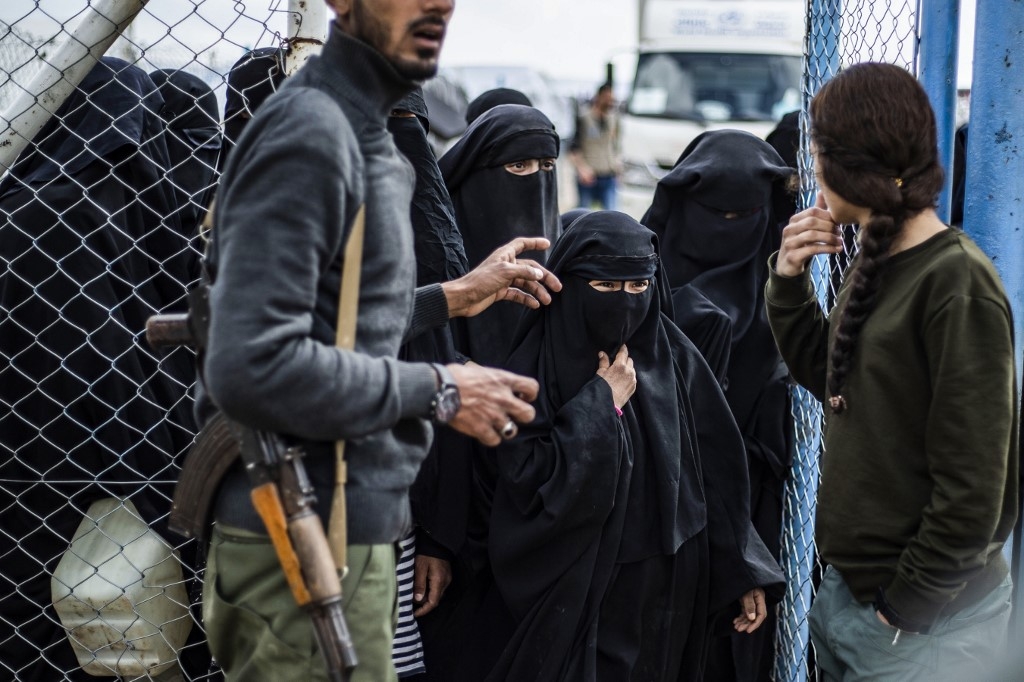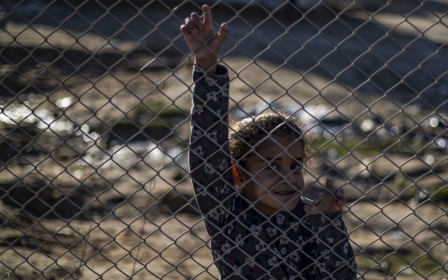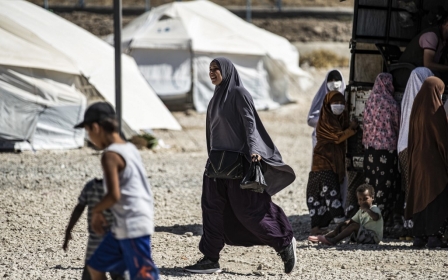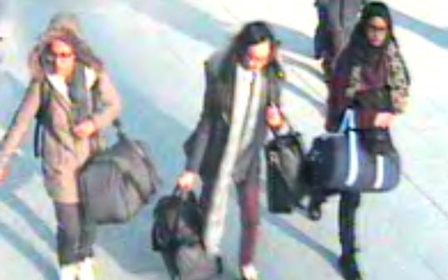Trials planned for accused foreign Islamic State members detained in Syria

Kurdish forces in Syria have been setting up courts for the trials of alleged foreign Islamic State (IS) members held in detention camps recently described as "Europe's Guantanamo," Swedish media reported this week.
A Swedish reporter visited the al-Hol and al-Roj camps in northeastern Syria where the judge responsible for the cases said they plan to start trials soon, though Covid-19 had delayed the process.
Tens of thousands of people, captured as IS lost territory, including families, were sent to the camps where Western countries have been accused of shirking responsibility for their own citizens by refusing to take them back.
The judge, Khaled Ali, told Swedish Radio they felt the detainees have to be tried, otherwise they would spend years imprisoned without facing a court. But the lack of international help had made evidence gathering difficult, especially on issues related to how they had left their home countries.
London-based group Rights and Security International described the camps as "violent, unsanitary and inhumane" in a report on Wednesday.
It said conditions in the camps had led to the avoidable deaths of hundreds of babies and infants, while detainees had faced "inhuman and degrading treatment" from guards belonging to the Syrian Democratic Forces (SDF), the Kurdish-led coalition that runs the camps.
Abdulkarim Omar, foreign affairs spokesperson for the Kurdish administration in northeastern Syria, told Middle East Eye that authorities in the region lacked the resources to manage the camps effectively and conceded that mistakes may have been made.
He said torture and degrading or humiliating treatment were forbidden, and officials were trying to deal with the situation in accordance with international law.
The report reignited calls from rights advocates for western countries to repatriate their own citizens.
British organisation Reprieve said the UK's claims that it could not bring back its own citizens because of the number of detainees was not true, as there were only 24 such adults and 35 children still in detention in northeastern Syria.
"These extremely damning revelations show, once again, just how disastrous Britain's policy of inaction is. Leaving the tiny number of British nationals in these hellish camps serves neither our humanitarian principles nor our security interests," said Reprieve's director, Maya Foa.
Britain and other countries are being urged to take back their citizens and put adults on trial in their home countries.
The RSI report also said many trapped inside the camps faced violence from other detainees, who sometimes violently imposed IS ideology.
It cites the case of a 14-year-old Azerbaijani girl who was reportedly strangled to death after being sentenced by an IS "court" within the camp on a charge of failing to cover her face properly.
"It is more than turning a blind eye. These states are actively engaging in a policy that is leaving these people in these dire conditions outside of the law. They are actively doing it because they have said that their security approach is to leave them there," RSI's executive director Yasmine Ahmed told MEE.
"This is a strategic policy. It is a moral aberration to have a strategic policy which is leaving mostly children in a detention camp to die."
Middle East Eye delivers independent and unrivalled coverage and analysis of the Middle East, North Africa and beyond. To learn more about republishing this content and the associated fees, please fill out this form. More about MEE can be found here.




